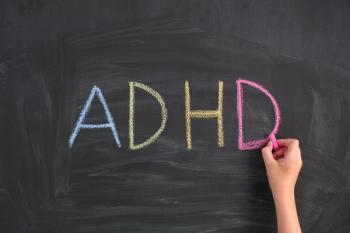
Examining the connection between depression and sleep disruption
We all know the importance of a good night’s sleep, but can a child’s sadness be tied to a poor night of sleep? A meta-analysis examines if a connection exists between disrupted sleep and depression.
Good sleep hygiene is one of the cornerstones of a healthy life, while, conversely, poor quality sleep is linked to a number of negative outcomes. A
The investigators searched Embase, MEDLINE, PsycINFO, Scopus, Web of Science, and ProQuest Dissertations & Theses Global for articles that had been published from 1980 to August 2019. The selection criteria consisted of prospective cohort studies that looked at the link between disturbed sleep and depression in participants aged 5 to 24 years in community and clinical-based samples. Case reports, meta-analyses, and systematic reviews were excluded.
There were 16 studies with 27,073 participants included in the meta-analysis. The investigators found the pooled β coefficient of the link between depression and disturbed sleep was 0.11 (95% CI, 0.06-0.15; P < .001; n = 14,067; I2 = 50.8%). The pooled odds ratio of depression in those without versus with disturbed sleep was 1.50 (95% CI, 1.13-2.00; P = .005; n = 13,006; I2 = 87.7%). The investigators did note that substantial publication bias was found.
A number of limitations were noted by the investigators. The broad definition of depression and disturbed sleep prevented them from testing whether different subtypes of both disturbed sleep and depression had different link patterns. Only English-language studies were included. Some of the included studies controlled for disturbed sleep during follow-up and others did not, which prevented the ability to assess the link over time. Additionally, the data types prevented assessing sex differences in the association between disturbed sleep and depression.
The investigators concluded that there was a small, but still statistically significantly effect that indicated a link between disrupted sleep and depressive symptoms in children and adolescents. Furthermore, the high prevalence of disturbed sleep indicated that a large number of children and teenagers could develop depression as a result of poor sleep. The results of the meta-analysis also highlight just how important it is for clinicians to discuss
Reference
1. Marino C, Andrade B, Campisi S, et al. Association between disturbed sleep and depression in children and youths. JAMA Netw Open. 2021;4(3):e212373. doi:10.1001/jamanetworkopen.2021.2373
Newsletter
Access practical, evidence-based guidance to support better care for our youngest patients. Join our email list for the latest clinical updates.






